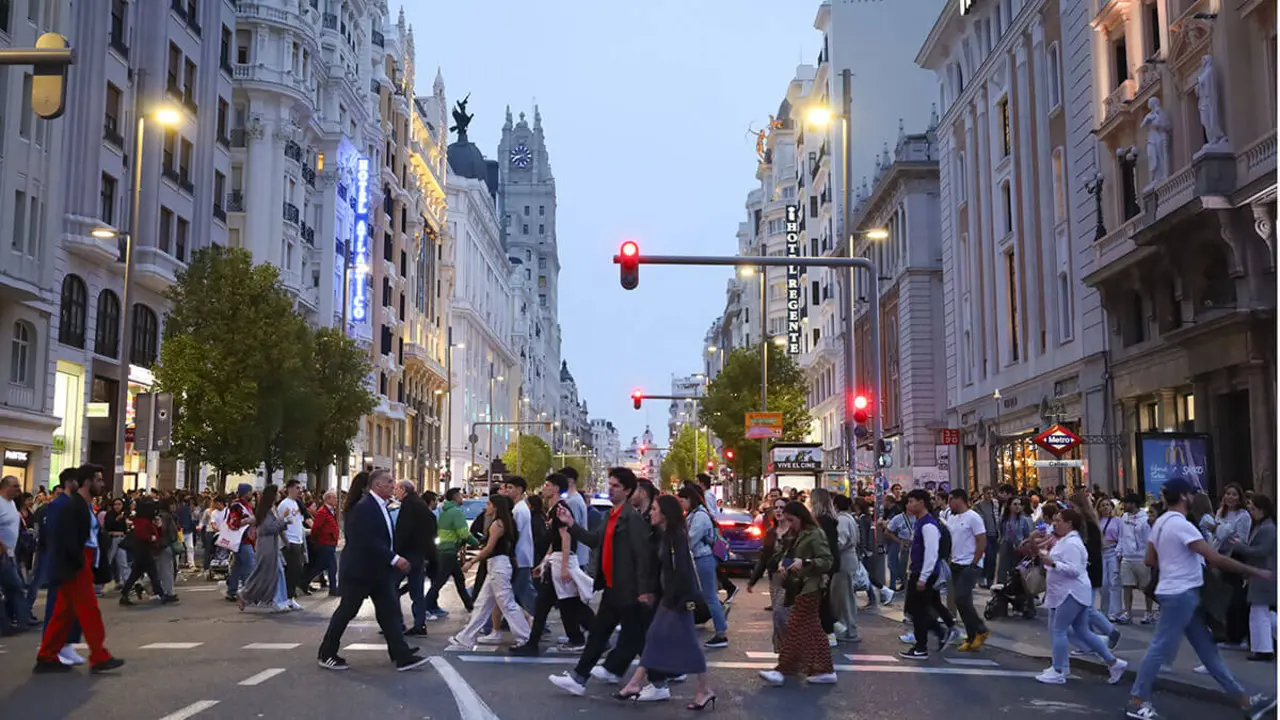Saudi Arabia will lose more than a million expatriate workers by 2020

According to the latest report published by Jadwa Investment Company, 1.2 million expatriate workers will leave Saudi Arabia this year, 9% of the country's total workforce. In these first six months of 2020, up to 300,000 employees - representing 2.5% of the country's total workforce - have already left the Kingdom, and during April 22nd and June 3rd alone, at the height of the coronavirus pandemic with significant outbreaks in the Middle East, over 178,000 applications from people wanting to return to their home countries were processed. It should be recalled at this point that, at present, some 10 million expatriates, mainly from Asia and other Middle Eastern countries, live in Saudi Arabia, out of a total population of 34.5 million. "The population may fall by 4% in the Kingdom," warns Oxford Business Group Chief Economist Scott Livermore in Gulf News.
The sectors most affected will be transport, wholesale and retail, hotels and restaurants, non-oil manufacturing and entertainment and leisure, while education, administration and public services and agriculture will also face "difficult conditions". In addition, "SMEs are expected to be at the centre of the economic impact". "Some sectors are unlikely to be back in business in the near future," says the Middle East Eye.
The Saudi oil industry, the main engine of the economy, will also reduce jobs for foreigners. State-owned Saudi Aramco - selected as the world's most profitable company by 2019 - has begun cutting hundreds of jobs as it seeks to cut costs after energy prices fell, according to World Oil.

"Aramco is letting go of mainly foreign staff in several divisions, and the employees concerned were informed earlier this week," the publication said. "Aramco is adapting to the highly complex and rapidly changing business environment [...] We are not providing information on the details of any action at this time, but all our actions are designed to provide more agility, resilience and competitiveness, with a focus on long-term growth," a statement issued by the oil company said.
Therefore, the expected figure of 1.2 million is a challenge for Riyadh, as it represents an increase of more than 50% compared to 2019, when 445,000 expatriates left the Saudi market. In addition, the outbreak of the coronavirus has dealt a severe blow to the Kingdom's economy, as it has in the rest of the world, something that has been aggravated by the price war in the oil market, in which it has been confronted with Russia. Thus, the Kingdom is expected to suffer the biggest recession in almost two decades.
The economic scenario published by the Carnegie Endowment for International Peace in its latest report illustrates "this unique pressure" the country is undergoing: "In March, Saudi net foreign assets fell by nearly $27 billion to $464 billion, the lowest level in 19 years. The Ministry of Finance raised its debt ceiling from 30% of GDP to 50%. Saudi Aramco, the world's largest public company, reported a 25% drop in net revenues in the first quarter of 2020 [...]". Thus, in an attempt to mitigate the impact of COVID-19 on the economy, Saudi Arabia allowed private sector companies to reduce wages by up to 40% and even terminate contracts.

Even with this data, Jawda Investment Company expects the unemployment rate in the country to remain at 12% until the end of the year, thanks to the efforts undertaken by the authorities in the framework of several programs, such as Saned, an unemployment benefit tool launched in 2014 that covers 60% of most private sector workers' wages for three months.
Similarly, the Riyadh government has stepped up efforts to "replace foreign workers with Saudis", using "strict Saudization regulations", according to MEE. "Economic necessity and changing trends have pushed more Saudis into jobs that were once dominated by foreigners. Nationals are increasingly visible as baristas, delivery people and hotel receptionists," Vivian Nereim explains on Bloomberg. "The departure of expatriates, along with state support for businesses, could offer new opportunities for Saudi workers right now, mostly employed by the government," she says in an optimistic vein.








